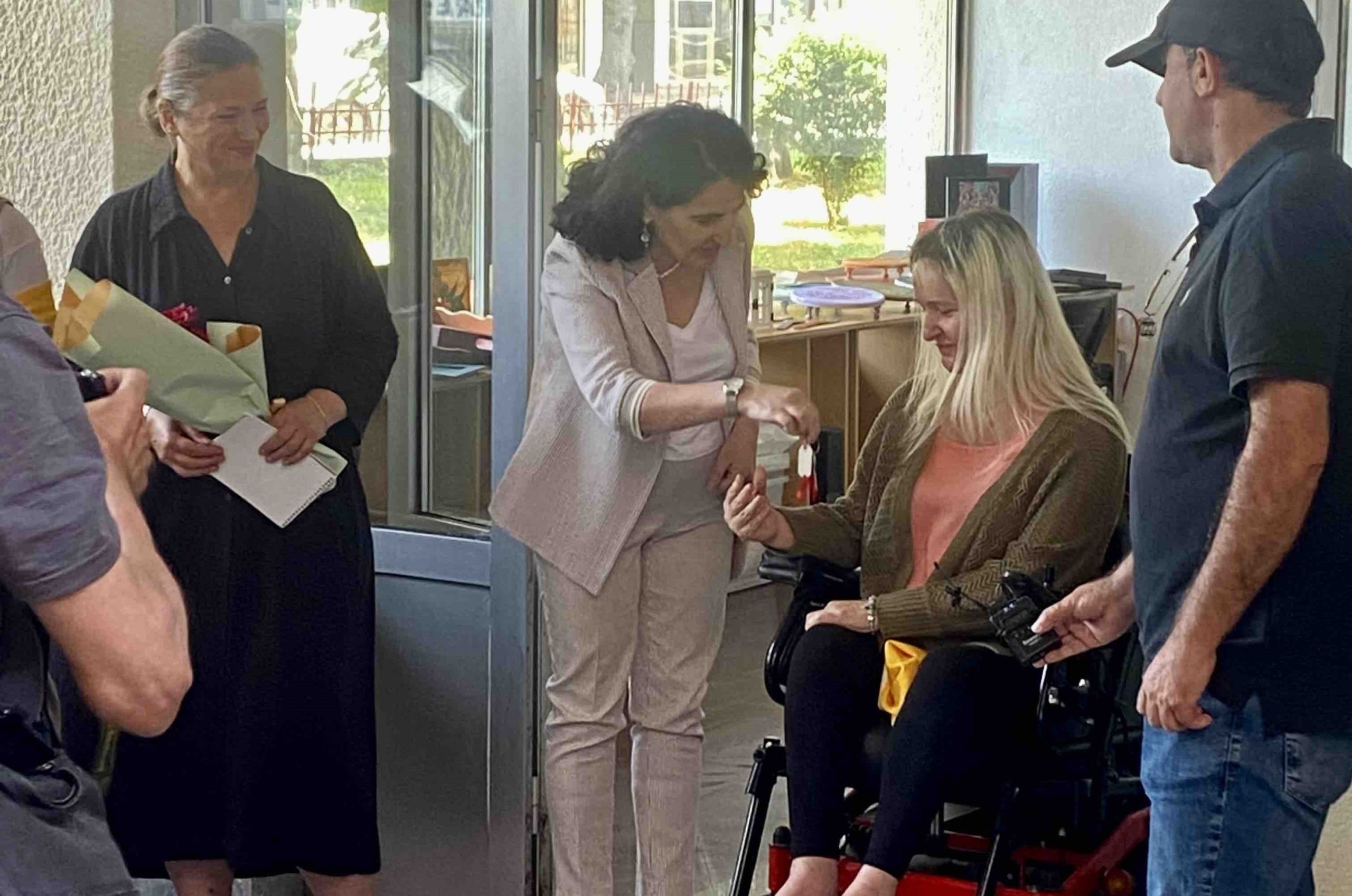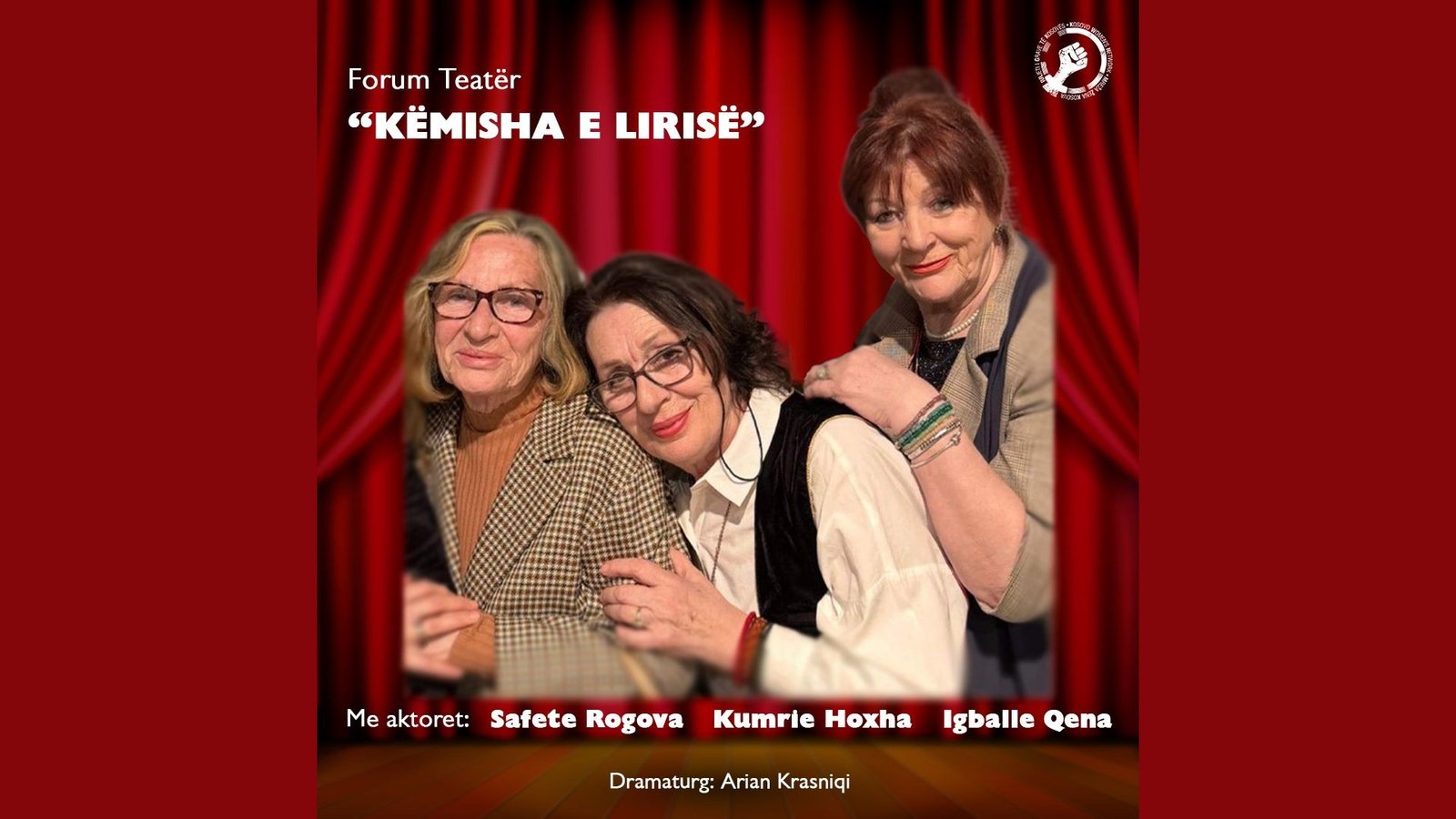The organization of persons with muscular dystrophy of Kosovo – OPMDK marked the beginning of the “Dystrophy Week 2024” activity with the ceremonial opening of an office that will provide services to people of this category of society.
In her speech, the executive director of OPMDK, Antigona Shestan, expressed her gratitude to everyone who contributed to the fulfillment of this long-standing request, which has been appealed to for 12 years.
“Today we breathe more freely, in our new facility, where we can start work and implement other projects. “This will be a place where people with disabilities will meet, cry about their problems, discuss their needs and lobby to fulfill them,” she said.
We would like to thank everyone who supported us and made the opening of the office possible, Mrs. Resmije Rrahmani (Biba), mobilizer of women with disabilities of OPMDK.
“This time we are celebrating muscular dystrophy week differently. It is a great joy that we are opening our office, our place that will serve as a space in which we will develop our activities and is open to all those who need it,” she added.
The “Dystrophy Week 2024” program includes other awareness-raising activities that will be carried out in public places, on the Lidhja Square, with the aim of solving the problems faced by people with disabilities.
KWN continues to support the significant work of OPMDK on improving the well-being of persons with disabilities, with an emphasis on girls and women, with the belief that together we will achieve even better results in this direction.





